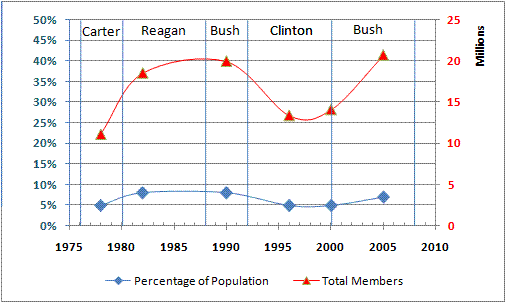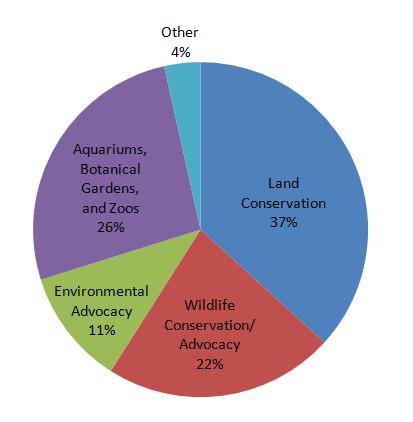Why shouldn’t we expect nonprofits to ‘push politics?’
October 9th, 2008Posted by: admin
In this week’s Denver Post, there is a series of articles criticizing the Colorado Democracy Alliance. The articles insinuate impropriety among a loose collection of left-leaning nonprofits. The reporter, Jessica Fender, argues in her article “Progressive gang uses nonprofits to push politics”:
Colorado’s best-known progressive donors are advancing their political and ideological agenda through a web of advocacy and nonprofit groups, many of which claim nonpartisanship and receive tax exemptions.
The 37 organizations that collectively receive millions at the direction of the Colorado Democracy Alliance (CoDA) serve unique purposes in the progressive power brokers’ toolbox.
They build voting blocs, provide policy research, shape media communications, train progressive leaders or encourage civic engagement, according to the alliance’s organizing documents.
She continues in a second article:
The model, which appears to legally skirt federal regulations that prevent coordination between candidate campaigns and issue groups, has proved so successful at turning a red state blue that it could cause nationwide change as 18 other states prepare to adopt it.
While Ms. Fender might not like the outcome, what is wrong with a nonprofit engaging in politics?
Yes, there are a number of laws that restrict nonprofit behavior in politics. A 501(c)(3) nonprofit — the most restrictive tax designation – cannot support specific candidates for office, contribute to political campaigns, or tell its members how to vote.
However, 501(c)(3) organizations can engage in issue advocacy, sponsor talk by candidates, and attempt to persuade candidates to adopt the organization’s position. Certainly, these are political activities!

